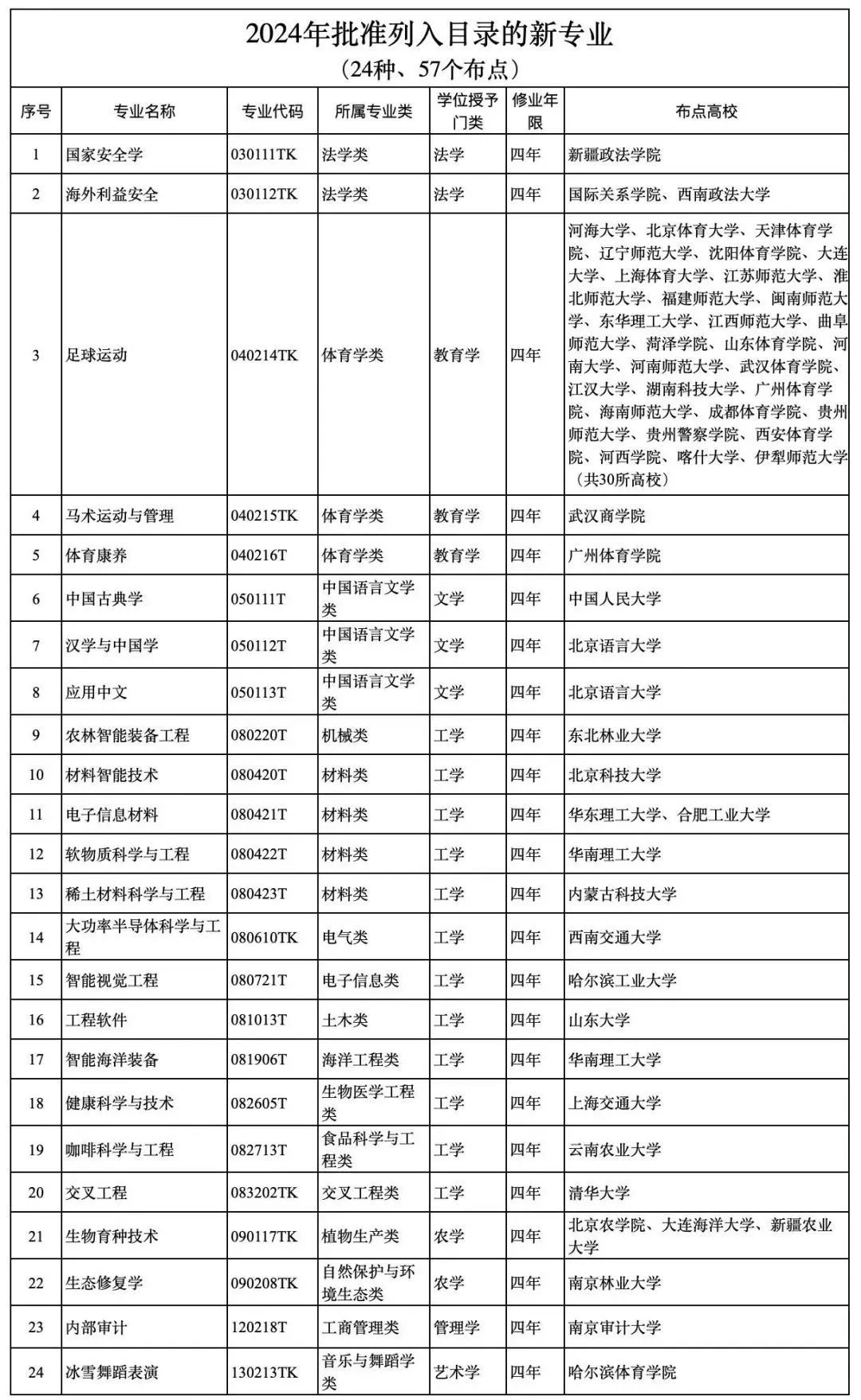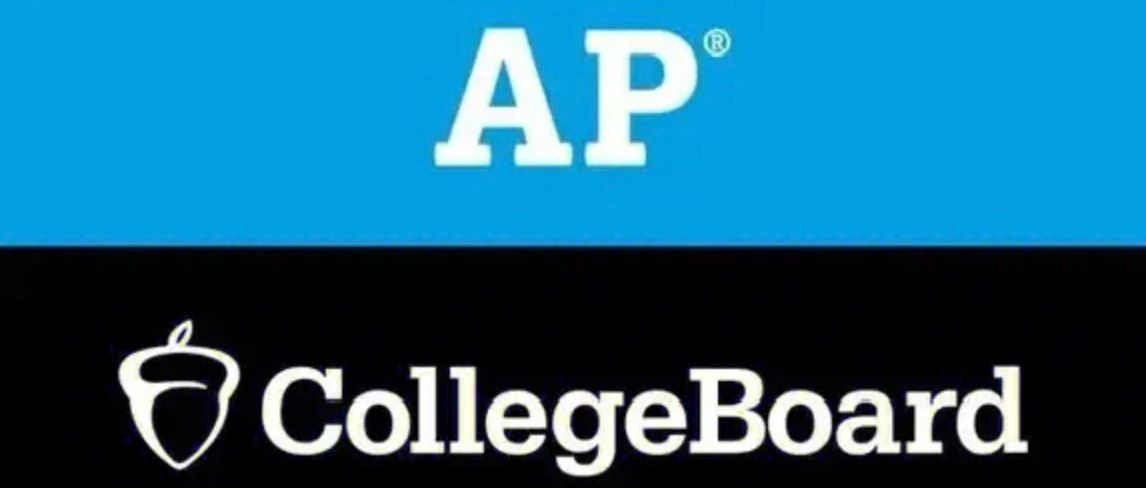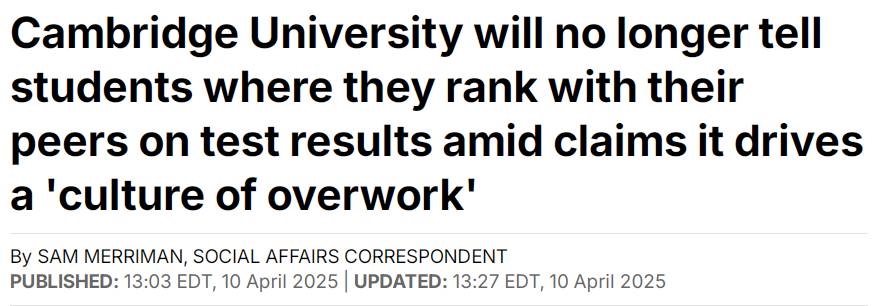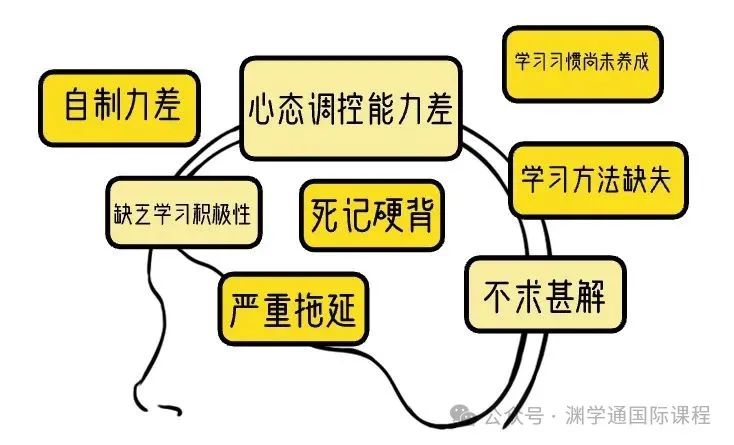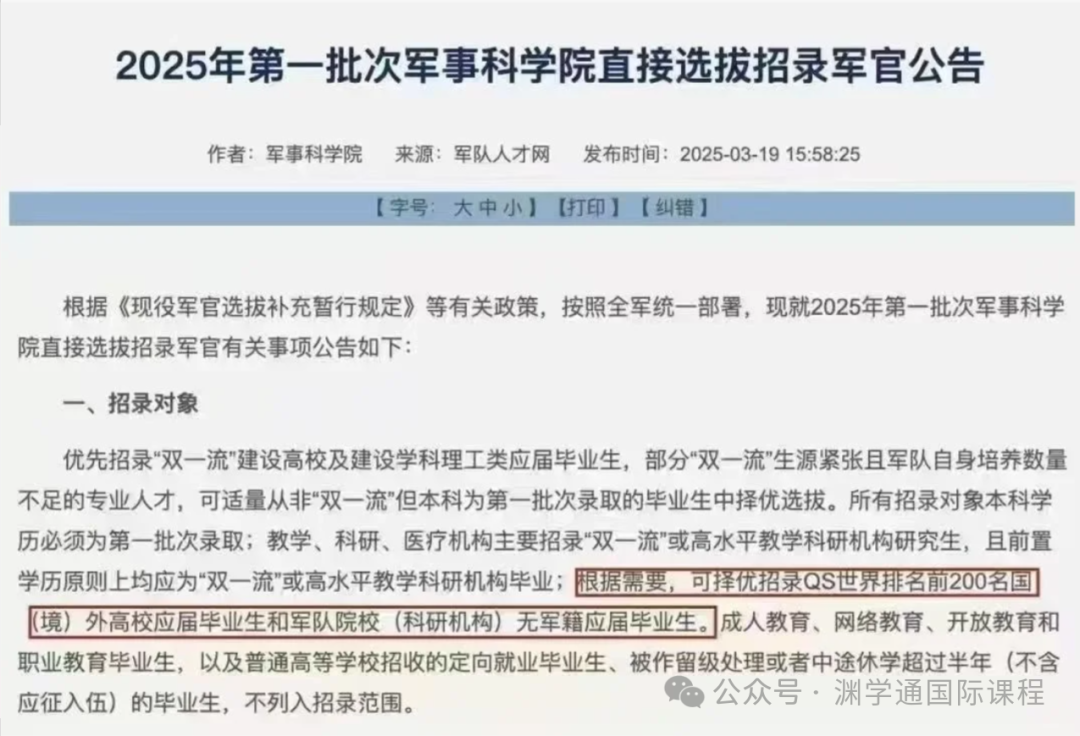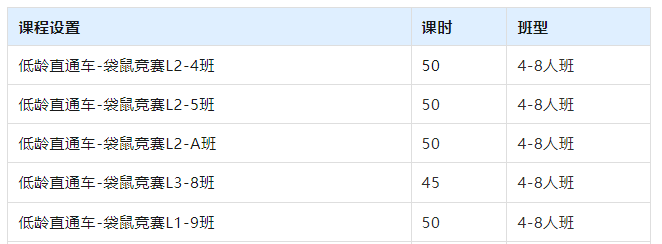Part2题千变万化,但是题目也逃不过以下几个类别:人物、事件、物品、地点等。
首先来提一下大致结构,2分钟里面,一般将内容分成三段进行构思:
1.Introduction: 开头段(20秒左右)可以借鉴写作开头段的方法,改写题目,引出话题"I'm going to talk about..." or "I'd like to talk about..."
2.Main points:主体段(80秒左右)主体段要回答问题卡里关于 "who," "what,""where," or "when,"等问题。
3.Extension:延伸总结段(20秒左右)开始回答“why”的问题,谈谈自己对谈论的东西或者人的感受,也可以适当展望未来。
"Overall, I feel ..,and "I think in the future I will....".
一般来说1、3部分大家都没什么问题,主要是主体段2经常会觉得没话说,没话聊。在准备的时候可以反向思维来帮助你想内容想答案,不同类型的题目有不同的描述侧重点,一起来看看具体每个类型应该怎样准备吧!
人物篇-People and Relationships
除了他是谁,他是做什么工作的,他长什么样子这些,如果你找不到话题继续了,可以通过下面几个思路来扩充答案:
ome information in the past 聊聊过去的事情
比方说:当时我们是怎样认识的;小时候我们的关系并不好,但是……;我们第一次遇见的场合
We first met at a party/ at school / at university
We were introduced by a friend ofmine / a colleague / a teacher
At first, we didn’treally get along, but eventually we became good friends.
-Superlatives 最高级思路
“My friend Peter is thesmartest person I know.”
“My maths teacher certainly helped me the most out of all my other teachers at school.”
地点篇-Places
除了描述这个地方在哪里,叫什么,它的外观等,我们还可以描述它的来访人群,它的周边环境以及个人感受等来丰富表述,比方说:
I like sitting down and enjoying a coffeeand enjoying breathtaking scenery.
You can relax and enjoy thepeace and quiet.
There is a lot of traffic during rush hour.
经历篇-Stories
可以遵循时间顺序,体现好的说话逻辑
– The Beginning 故事开始
When I got there…/The first thing I did was…/Oncewe checked in…
– The Middle 故事中期
After that…/Later on…/Afterwards…/Then…/The next day…
– The End 故事结尾
In the end…/On the last day…/Towards the endof the adventure…
还可以遵循重要性顺序,可以突出你要讨论的主题,提醒考官你没有偏题
-At the same time...介绍一些过渡剧情
-One thing that I particularly rememberwas...+原因,主次,个人感受
物品篇-Object
What Is It?-它是什么?
开头就要明确地告诉考官你想描述的是什么东西。
-I would like to talk about my computerwhich is...
What Is It Used For?-它有什么用?
千万不要像小孩子蹦单词一样,要把话说完整,详细描述物品的用处和用途,可以联系使用场景一起说。
-I would like to talk about my e-book which is light and compact so it can fit into my handbag very easily. The great thing about the Kindle is that I can store so many books on it. I like to read several books at the same time, rotating from one book to another, so thisreally suits me.
Who Uses It?-一般都是哪个人群在用?可以用后面这些词描述使用人群
everyone, my family, my friends, teachers, students.
Lots of book worms have kindles these days asthey are very convenient .
What size is it?&What colour is it?&What is it made of?-描述它的外表,通过描述长度、宽度、高度、形状、颜色,还可以说一下材质,丰富对这个物品阐述。
It’s about 18 cm long and 5 cm wide. And it is very slim and it fits very comfortably in my handand my pocket so it’s a good size. My computer is a light-greycolour.
毕竟雅思不是“一站到底”,是语言考试,只考察语言能力。如果不知道具体的材质等,完全不要担心,只要能用合适的语言把意思说清楚就好了。可以尝试着用反向思维来阐述:I don’t really know what it’s made of — some kind of plastic?
Where Can We Find This Device?-描述它的使用场景,或者在哪里可以买到。
I use my hairdryer in my bedroom. It just seems the best place to have it. It is where I get ready for college after taking a shower. I think most people keep a hairdryer in their bedroom if theyuse one.
How Much Does This Item Cost?-价格是多少?可以通过这些单词来描述Expensive/Cheap/Average price/Kind of pricey/Dirt cheap
My camera was about $400. It’s not so expensive, I think. But it is great quality that takes greatpictures. Most people use the camera on their phone.
还可以再考虑它的特点/缺点等问题来丰富回答。
掌握好了方法以后,就一定要通过大量的练习来掌握巩固~这样对于口语练习能有更好的提升效果。





